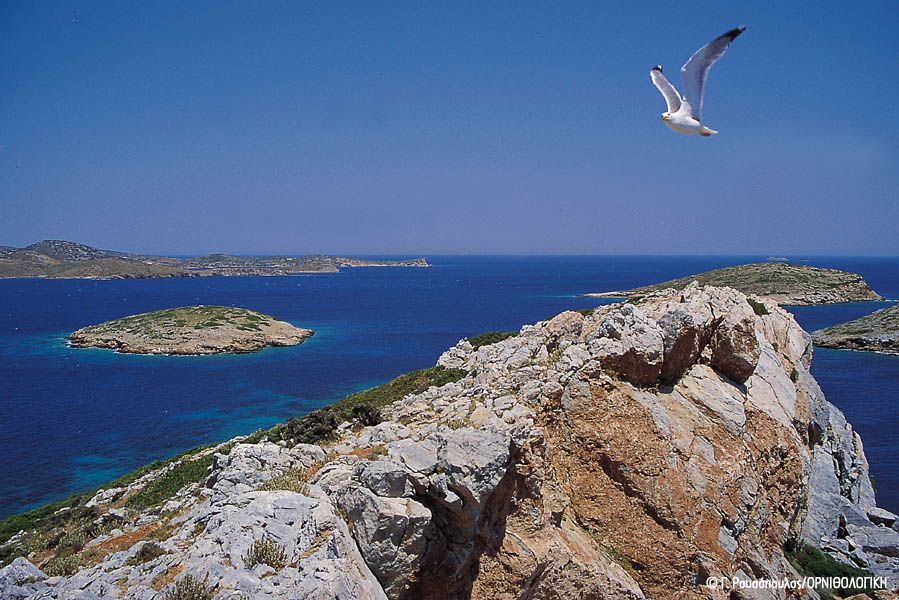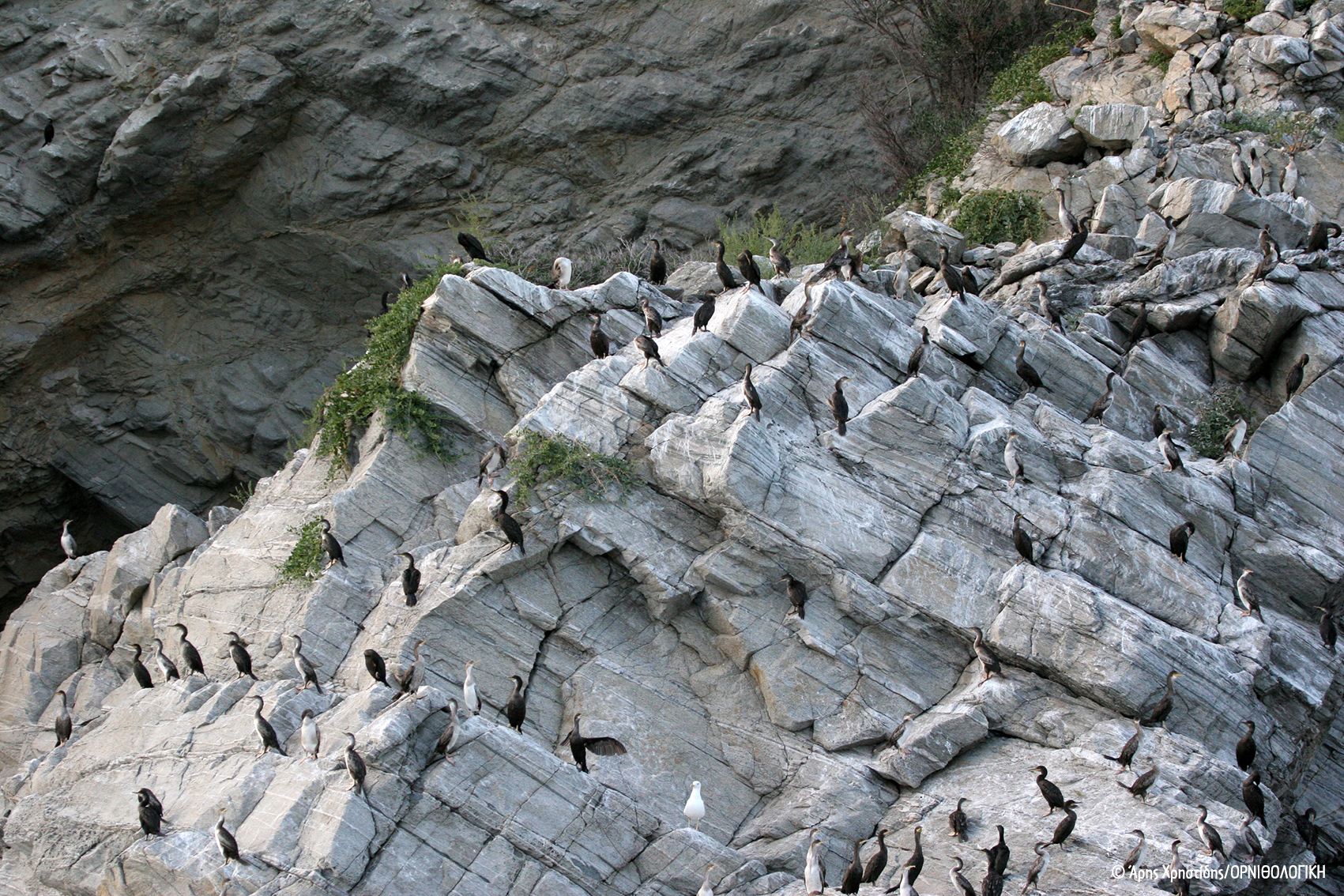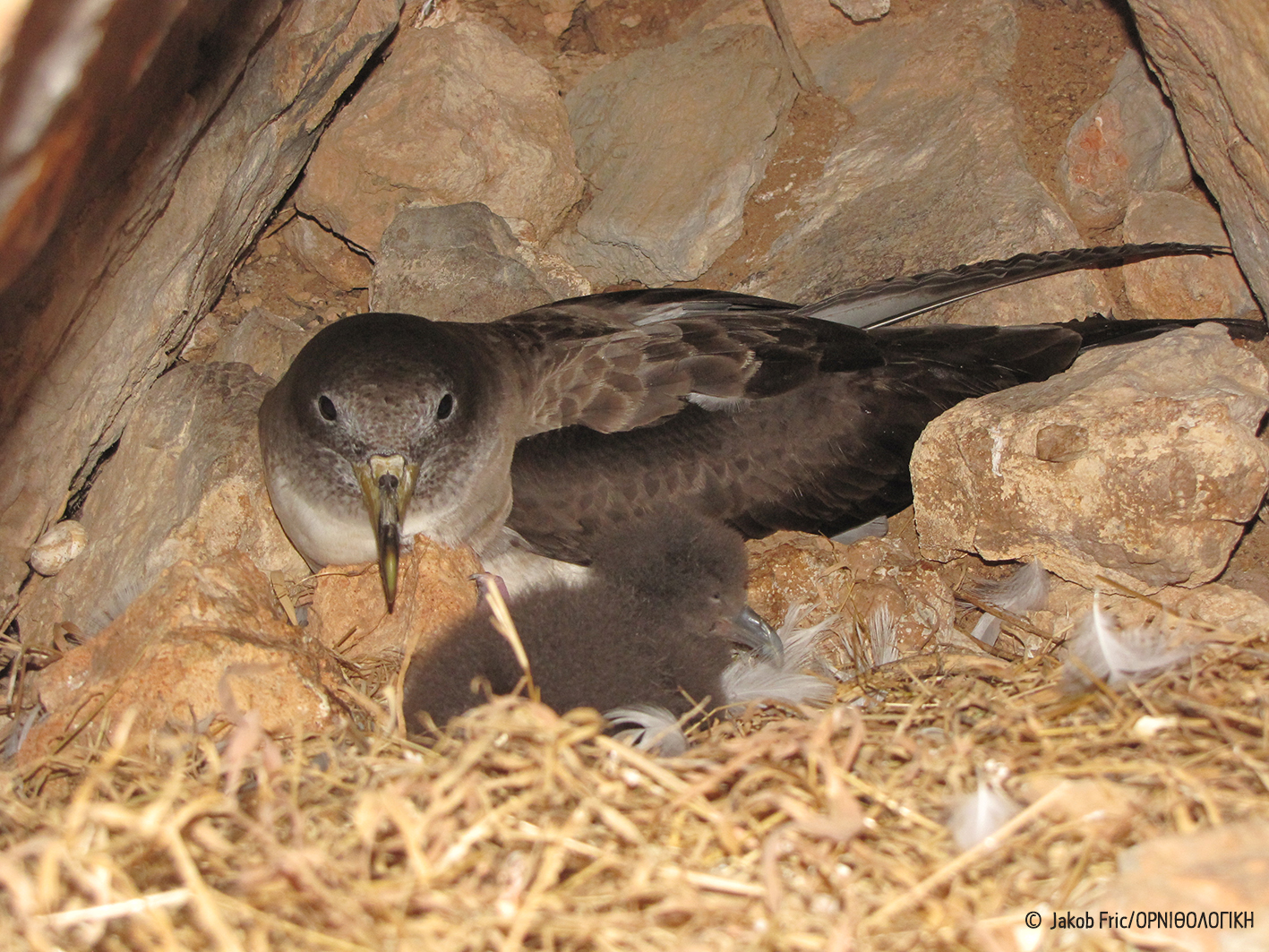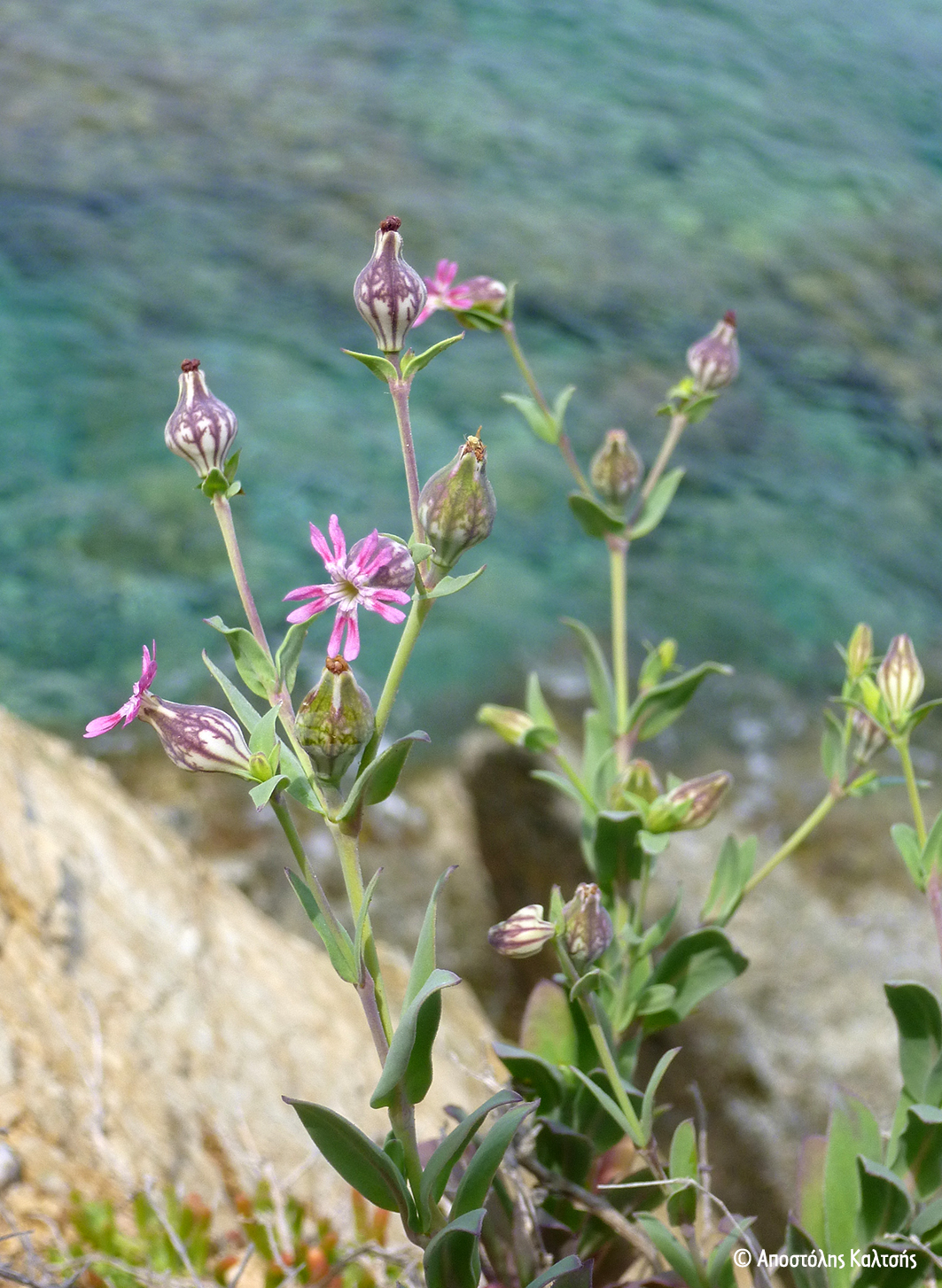In a joint letter to the Prime Minister of Greece and the Ministry of Environment and Energy, 12 environmental NGOs and Scientific Societies call for the cancellation of catastrophic windfarm development plans which would irreversibly destroy 14 protected islets. Universities and Competent Management bodies also oppose these plans and have already given their negative expert opinions.

The small remote islets of the Aegean, also known to the scientific community as the "Galapagos of the Mediterranean", are one of Europe's last intact natural refuges. Their isolation and the absence of human activities render them valuable safe havens for entire rare bird colonies, endemic fauna and flora, as well as unique insular habitats. Because of their high ecological value, these 14 islets have been designated as Natura 2000 sites, where even scientific research is allowed only under strict conditions. However, on these same islets there are plans to install 104 wind turbines (3MW-6MW each) with associated 70 km of road network, 14 ports, 14 heliports, permanent lighting, buildings and reservoirs for a construction period of at least 5 years.
This pharaonic project will cause irreversible environmental damage and permanently alter the character of the islets, destroying protected habitats and leading to the extinction of entire colonies of protected species of birds and other rare and / or endemic species, which exclusively inhabit these islets. However, the Environmental Impact Assessment (EIA) and accompanying Special Environmental Assessment (SEA), using arbitrary criteria and low quality documentation, both reach the outrageous conclusion that the development will have "small impact" on these untouched islets. For example, contrary to any scientific evidence, the minimum safe distance of wind turbines from Eleonora’s Falcon colonies has been set in the EIA to 300 meters, while internationally acceptable distances are tenfold. The EIA also ignores critical data, such as the presence of the largest Scopoli’s Shearwater colony located on the islets of Anafi island, the presence of high occurrence of endemic plant and invertebrate species, as well as and essential elements of species ecology.
Eleonora’s Falcon and Scopoli's Shearwater
The construction and operation of wind farms on these islets as well as the constant human presence related to these, will directly threaten all protected species inhabiting the islets with collision, displacement and habitat loss. Specifically: more than 650 pairs of Eleonora’s Falcon in 12 islets (over 4.5% of the world population), 120 - 160 pairs of Audouin’s Gulls in 6-8 islets (over 28% of the Greek population), hundreds (probably over 1,000s) of pairs of Scopoli’s and Yelkouan Shearwaters in at least 5 islets, many tens of pairs of Mediterranean Shag in 10 islets, and at least one pair of Bonelli’s Eagle. Significant adverse to irreversible effects are also expected to occur on natural habitat types and plant species protected by the Habitats Directive (92/43/EC), as well as on many endemic insular species. The construction and operation of the wind farms will also lead to the creation of a vertical barrage disrupting the migratory flow of raptors and might facilitate the introduction of predators, such as rats, with devastating effects on the eggs and chicks of ground- breeding birds.
If this project goes forward, Greece, Europe and the whole world will lose a unique ecosystem that has been paralleled to the Galapagos Islands for the species hosted and while it is considered one of the last authentic "evolutionary workshops" where ecosystems and species still operate under natural processes.
The Wind Electric Power Station project is expected to have significant irreversible impacts on natural ecosystems (habitat types according to Annex I to Directive 92/43/EEC, species covered by Annex II, such as Silene holzmannii, and many endemic and unique species of the islets)
The EIA and SEA are currently being evaluated by the relevant authorities. The Hellenic Ornithological Society has provided substantial documentation during the public consultation stage which strongly supports the rejection of the project. The new national planning for Renewable Energy Production is currently under revision and will certainly foresee the prevention of such distortions and catastrophic decisions, such as the one being promoted, aiming to halt climate change while protecting biodiversity.

European Shags on an uninhabited islet in the Aegean Sea
JOINT PRESS RELEASE of:







